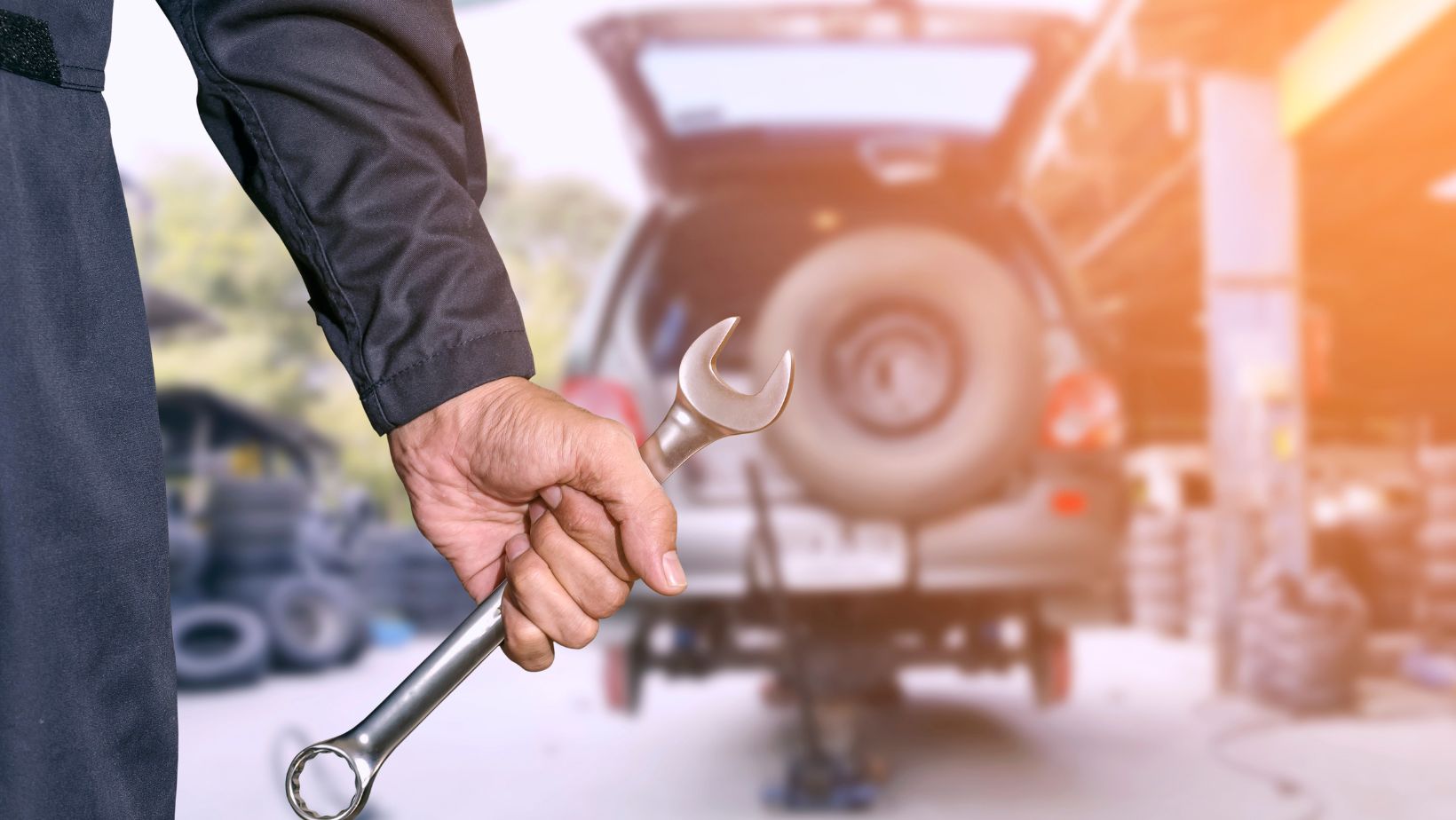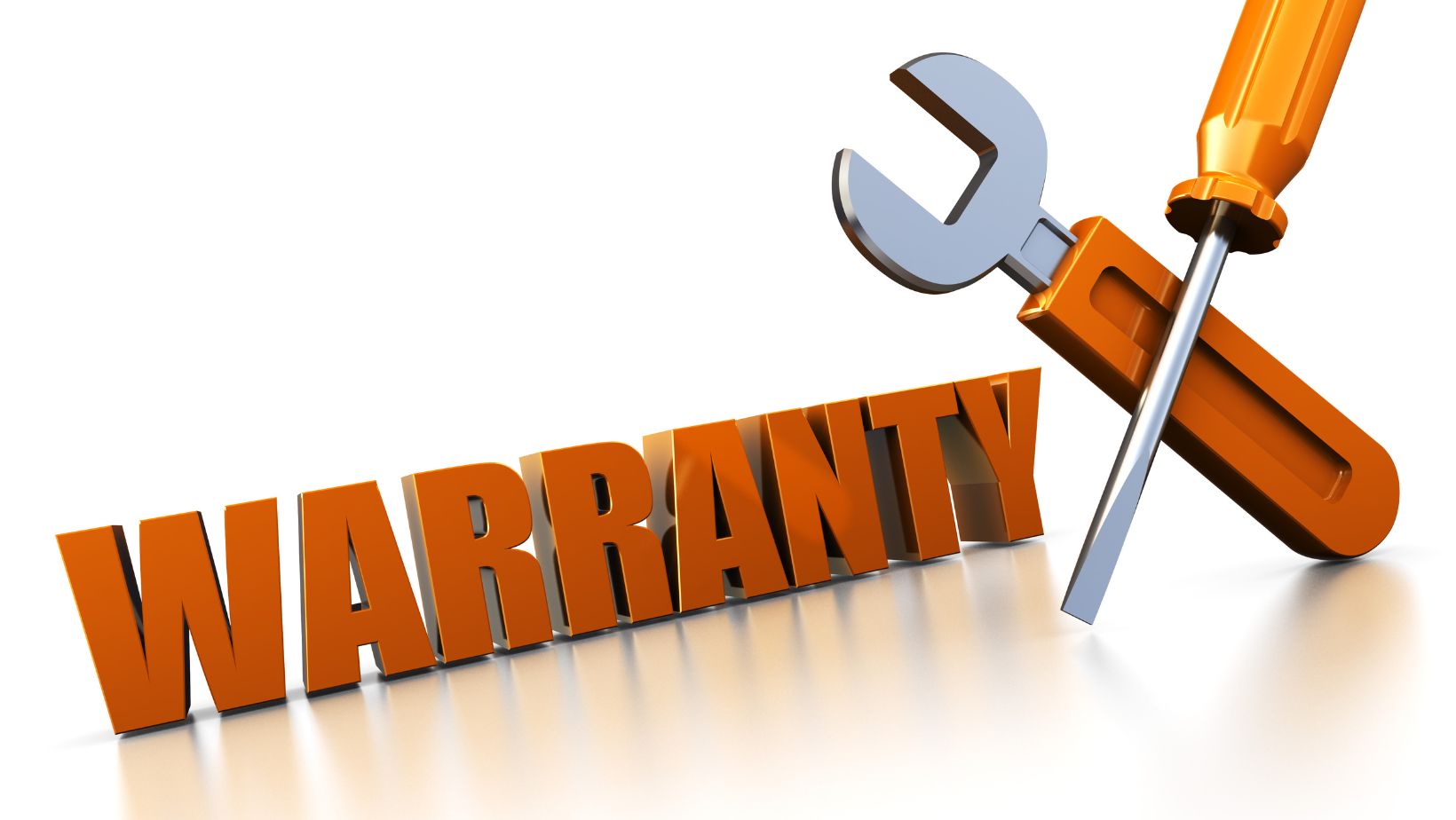Reasonable Time for Car Repair Under Warranty
When it comes to car repairs under warranty, one of the questions that often arises is what constitutes a reasonable amount of time for the repair to be completed. As someone who has dealt with this issue firsthand, I understand how frustrating it can be to have your vehicle in the shop for an extended period. In this article, I’ll delve into the concept of a reasonable time frame for car repairs under warranty and provide some insights on what you can expect.
Under warranty, manufacturers are typically obligated to cover necessary repairs within a certain time frame. However, what exactly qualifies as a “reasonable” amount of time may vary depending on several factors. These include the complexity of the repair, availability of parts, and even local regulations. While there isn’t a specific timeframe set in stone, most manufacturers aim to complete repairs within a few days or weeks.
It’s important to note that delays can occur due to various reasons such as back-ordered parts or unforeseen complications during the repair process. However, if you feel that your car has been in the shop for an unreasonably long duration without progress being made, it’s essential to communicate with both the dealership and manufacturer promptly.

Understanding Car Warranties
When it comes to purchasing a new car, one of the most important factors to consider is the warranty that comes with it. Understanding car warranties is crucial to ensure you make informed decisions and protect your investment.
- What is a car warranty? A car warranty is essentially a guarantee provided by the manufacturer or dealer that covers certain repairs or replacements within a specified period of time or mileage limit.
- Types of car warranties Car warranties can vary significantly depending on the manufacturer and specific vehicle model. Here are some common types:
- Basic Warranty: This is typically included in the purchase price and covers most components for a set number of years or miles.
- Powertrain Warranty: It focuses specifically on major mechanical components such as the engine, transmission, and drivetrain.
- Extended Warranty: This optional coverage extends beyond the basic warranty period, offering additional protection at an extra cost.
- What’s covered under a car warranty? The specific items covered under a car warranty can differ from one manufacturer to another. Generally, they include repairs related to manufacturing defects or faulty parts that may arise during normal use.
- Maintenance requirements To keep your warranty valid, manufacturers often require regular maintenance according to their recommended schedules.
- How long does a car warranty last? The duration of a car warranty can vary depending on several factors such as brand reputation and model type. While some manufacturers offer shorter warranties (e.g., three years/36,000 miles), others provide longer coverage (e.g., five years/60,000 miles or even more).
Understanding car warranties is essential for every car owner. It gives you peace of mind knowing that you’re protected against unexpected repairs and related expenses within the specified warranty period.
Determining Reasonable Time for Car Repairs
When it comes to car repairs under warranty, one crucial aspect to consider is the reasonable time it should take to complete the repairs. As a consumer, you want your vehicle fixed promptly and efficiently without unnecessary delays.
Factors such as the complexity of the repair, availability of parts, and workload at the service center all play a role in assessing a reasonable timeframe.
- Manufacturer Guidelines: Start by analyzing the manufacturer’s warranty documentation or any specific guidelines they provide regarding repair timelines. Some manufacturers may outline expected timeframes for different types of repairs or offer general benchmarks that can serve as a reference point.
- Industry Standards: Familiarize yourself with industry standards for similar repairs or services. This information can be found through automotive associations, trade publications, or online resources.
- Consultation with Experts: If you’re unsure about whether your repair timeline is reasonable or if you encounter significant delays during the process, seeking advice from independent experts or professionals in the automotive field could prove beneficial.
- Communication with Service Center: Open communication with your service center is essential throughout this process. Regularly check in to get updates on your vehicle’s progress and inquire about any unexpected delays they may be facing.
Remember that each case is unique and circumstances may vary depending on multiple factors like location and availability of specialized technicians or parts required for repairs. Remaining patient while being proactive in advocating for timely repairs is key to achieving a satisfactory outcome.








































